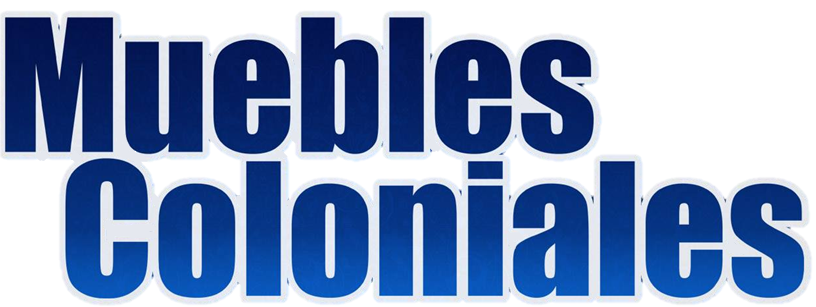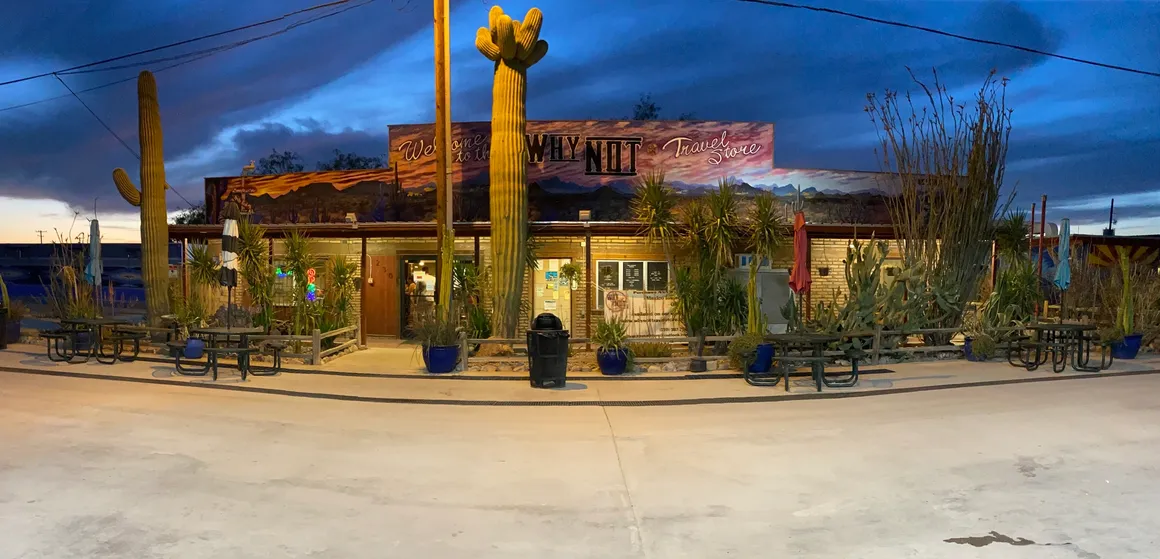Tim Bradley of Gallup, NM, obviously doesn’t get out much, yet somehow he made his way to Rocky Point, and to Manny’s Beach Club where I was trying to finish my second novel. Writing is thirsty work, so I was sipping a frosty Dos Equis while I tapped my laptop.
TIM: Excuse me, sir? Does that captain’s hat mean you are an expert on everything about the sea?
CAP’N GREG: No, the hat means I don’t like to get my head sunburned. But what is it you want to know?
TIM: I’ve been here for two days and can’t help but notice those big birds.
CAP’N GREG: Pelicans?
TIM: Is that what they are?
CAP’N GREG: Trust me on this one.
TIM: Why do they fly to the right at dawn and to the left before sunset?
CAP’N GREG: I assume you are using Manny’s as your point of reference?
TIM: Seemed like a good thing to do.
CAP’N GREG: Yes, it is. Let me tell you all I know about the brown pelican.
TIM: Will this take long?
CAP’N GREG: Long enough for you to buy me a beer. But I digress. Pelicans eat only fish. No salad or sweets. Yet I have heard they will sometimes enjoy a Cuban cigar.
TIM: Are you pulling my leg?
CAP’N GREG: I’d rather not, but you should know the pelicans here tend to fly right in the morning, past Manny’s, because they are going to their feeding areas off Rocky Point and all the way to Cholla Bay. Of course, their range is not limited, as they can fly just about anywhere they want, but they often feed in these waters when the winds and tides and large predator fish bring schools of smaller fish into the shallows near reefs and bays. When a pelican spots a fish under the surface from 20 or 30 feet up, it will fold its wings and dive. At the last possible moment, it turns upside down and enters the water at a 70 degree angle. The impact makes the beak and sac under the beak fly open, taking in water and the fish prey. When it comes to the surface it pauses to let the water drain out of the sac, then points its beak up to swallow the catch.
TIM: Doesn’t it hurt them when they dive?
CAP’N GREG: Like all diving birds, they have a strong skull and aerodynamic beaks. But after many thousands of dives, their eyes can be damaged, and if they can’t see, they can’t feed.
TIM: I had no idea.
CAP’N GREG: Doesn’t surprise me a bit.
TIM: Please continue.
CAP’N GREG: When you see pelicans flying to the left past Manny’s, usually just before unset, they are probably headed to Bird Island, which is a little over 20 miles out, where they can spend the night safely, possibly smoking Cuban cigars.
TIM: I appreciate the information, sir. You may call me Tim.
CAP’N GREG: Thank you, Tim. You may call me Cap’n Greg, and then call a waiter to order me another beer.


























